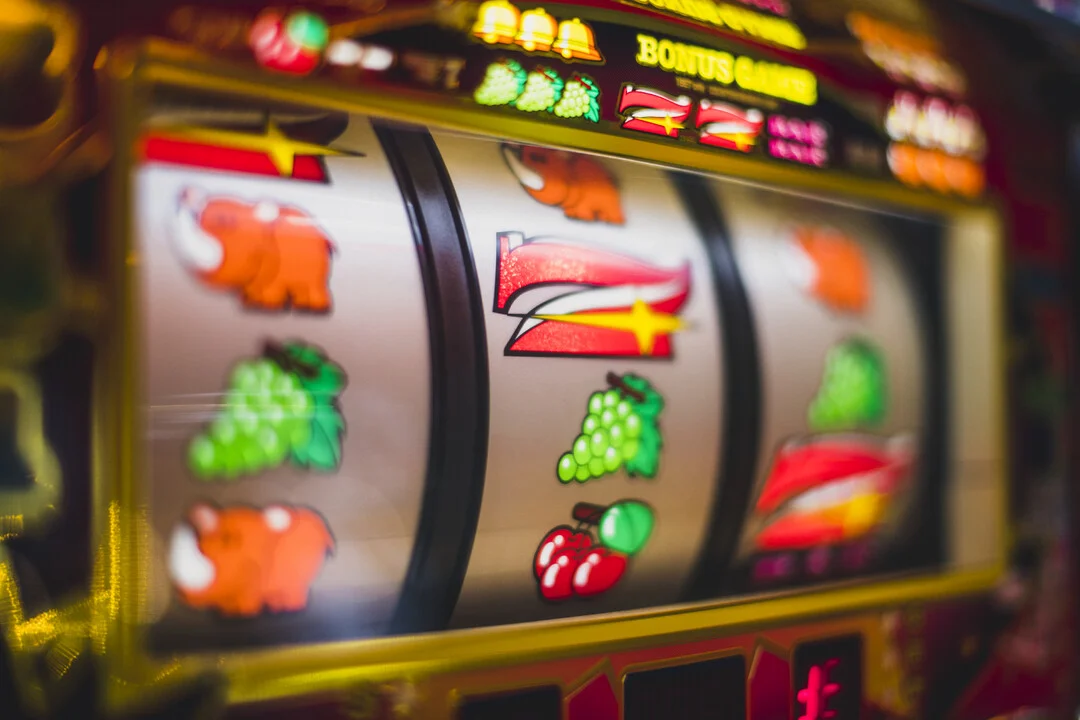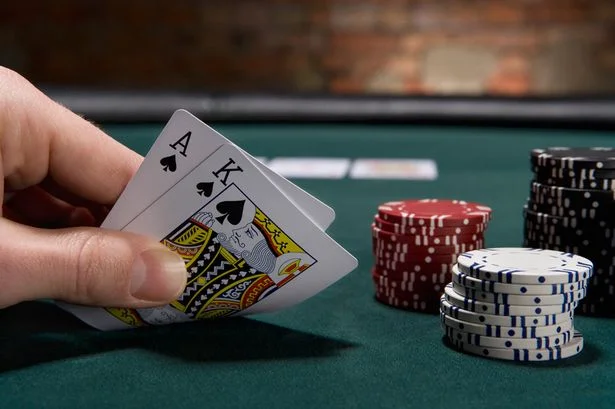What Is A Casino Marker
Traditionally, a trip to the casino was a cash-intensive indulgence. Players were required to bring their own funds, with no alternatives available for those who might have found themselves short. The advent of tokens in casinos brought about a significant shift, offering a novel and convenient way for patrons to engage in their favourite games. However, there still exists a sizeable number of players unaware of this development, leaving them at a disadvantage. In this text, we aim to enlighten you about markers casino, their role, and why you might consider using them in your future casino endeavours.
How Does Casino Credit Work
Casino marker, often referred to as ‘casino credit,’ function as a form of short-term, interest-free loan provided by the casino to the player. These markers are essentially IOUs, allowing players the convenience of gambling without carrying substantial amounts of cash. The use of casino markers brings a host of benefits to the player. Not only does it provide an added layer of security, but it also lends a certain degree of flexibility, allowing players to manage their funds more efficiently during gameplay.
However, obtaining a casino marker is not an automatic process. Casinos need assurance that the markers will be duly repaid. Hence, prospective borrowers must first pass a credit check, similar to those conducted by banks or other lending institutions. This necessitates the player to prove their creditworthiness, typically through proof of a stable income and a good credit score.
Once approved, a marker, often in the form of a token, is provided to the player. This marker can be exchanged for chips at the gaming tables, or in some cases, even redeemed for cash. It’s important to bear in mind that the player is legally obliged to repay the marker, usually within a stipulated period post issuance.
In essence, marker casino offer the player convenience, flexibility and security. They allow players to enjoy their gaming experience without the hassle of carrying large amounts of cash or the worry of depleting their funds prematurely. However, they should be used responsibly, as failure to repay could lead to legal repercussions, and potentially damage the player’s credit rating.
How To Get Casino Marker
Getting a casino marker involves a crucial process that requires proof of your ability to repay the amount. The first step towards obtaining a marker is to apply for casino credit, which can usually be done online or in person at the casino. As part of the application process, the casino will conduct a thorough assessment of your financial situation, which typically involves a credit check and a review of your bank account records. This is to ensure that you have a stable source of income and a satisfactory credit history, indicating your ability to repay the loan.
Upon successful completion of the credit check, you’re required to sign a marker “counter check”, a blank check the casino would fill out and cash if you fail to repay the marker within the stipulated time. Once the marker is issued, it can be used at the gaming tables or cashed at the casino cage. It’s essential to understand that the marker is considered an extension of credit for the specified amount, and you have a legal obligation to repay it within the agreed time frame.
Failure to repay the loan can lead to serious repercussions, including potential legal action and a negative impact on your credit rating. Therefore, it’s of utmost importance to use casino markers responsibly, recognising them as the short-term, interest-free loans they are, rather than an extension of your gambling budget.
What Happens If You Don’t Pay Your Debt
If you’ve taken out a casino marker in Nevada and find yourself unable to meet the repayment deadline, it’s crucial to understand the potential consequences. Typically, in Nevada, you have 30 days to repay the marker loan to the casino. If you fail to settle the debt within this period, the casino will issue you a notification letter. This letter serves as a formal warning, indicating that if your debt remains unpaid for an additional 10 days, the matter will be forwarded to the district attorney’s office.
If you’ve received the casino’s warning and still haven’t settled the debt, the district attorney will then take over. They’ll send you another letter, stating that you are now required to pay not only the initial debt but also a 10% commission fee for the district attorney. Keep in mind, this is a legal proceeding and failure to respond could have severe repercussions.
If you still don’t pay the debt and the added commission, the district attorney has the power to issue a warrant for your arrest. This warrant signifies that your case has escalated and can no longer be resolved merely by paying your initial debt and the commission. It is a serious matter that can lead to legal repercussions beyond a tarnished credit rating. Therefore, it’s crucial to manage and repay casino markers responsibly, or you risk finding yourself in a legally and financially precarious position.

What Are The Penalties For Defaulting On A Credit Marker
In Nevada, the repercussions of failing to meet your casino marker payment obligations can be quite severe, and they are contingent on the total amount owed. For outstanding debts less than $1,200, the transgression is regarded as a misdemeanor, subjecting the debtor to potential imprisonment for a maximum of six months, and/or fines that could reach up to $1,000.
However, the situation escalates significantly for debts at or exceeding $1,200. This level of non-compliance is treated as a Class D felony, with penalties intensifying accordingly. Involved parties may face a custodial sentence of between one to four years in Nevada State Prison, in addition to the obligatory repayment of the original marker debt. Additionally, administrative fees will be levied, calculated at 5% for each marker up to $10,000, increasing to 10% for each marker surpassing the $10,000 threshold. Finally, a discretionary fine of up to $5,000 may be exacted at the judgement of the presiding judge.
Advantages and Disadvantages of Using Casino Markers
Casino markers can provide distinct advantages and disadvantages for players. Understanding both aspects can help players make informed decisions about their use.
Advantages:
- Convenience: Casino markers eliminate the need for carrying large amounts of cash, thus offering convenience and security to players.
- Credit Extension: They serve as an interest-free credit extension, allowing players to continue playing even when their personal funds have been exhausted.
- Instant Funds: Markers offer an immediate solution for getting more chips at the gaming tables, facilitating uninterrupted gameplay.
Disadvantages:
- Repayment Obligation: Casino markers are considered serious debts. Players are legally obligated to repay the debt within a stipulated timeframe, failure of which can lead to severe legal consequences.
- Potential Financial Risk: If used irresponsibly, markers can lead to financial strain, as players may be tempted to borrow more than they can afford to repay.
- Credit Rating Impact: Non-payment of casino markers can negatively impact a player’s credit rating, affecting their ability to secure loans or credits in the future.



